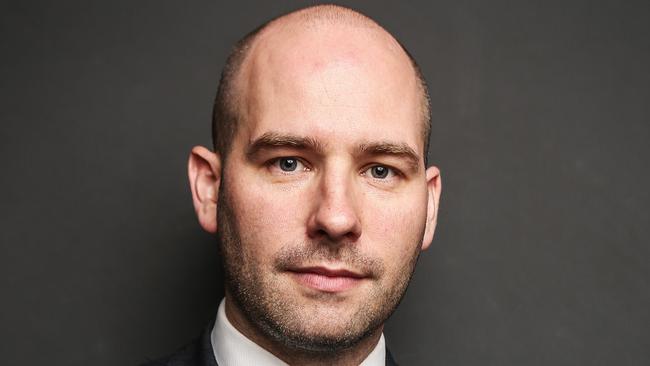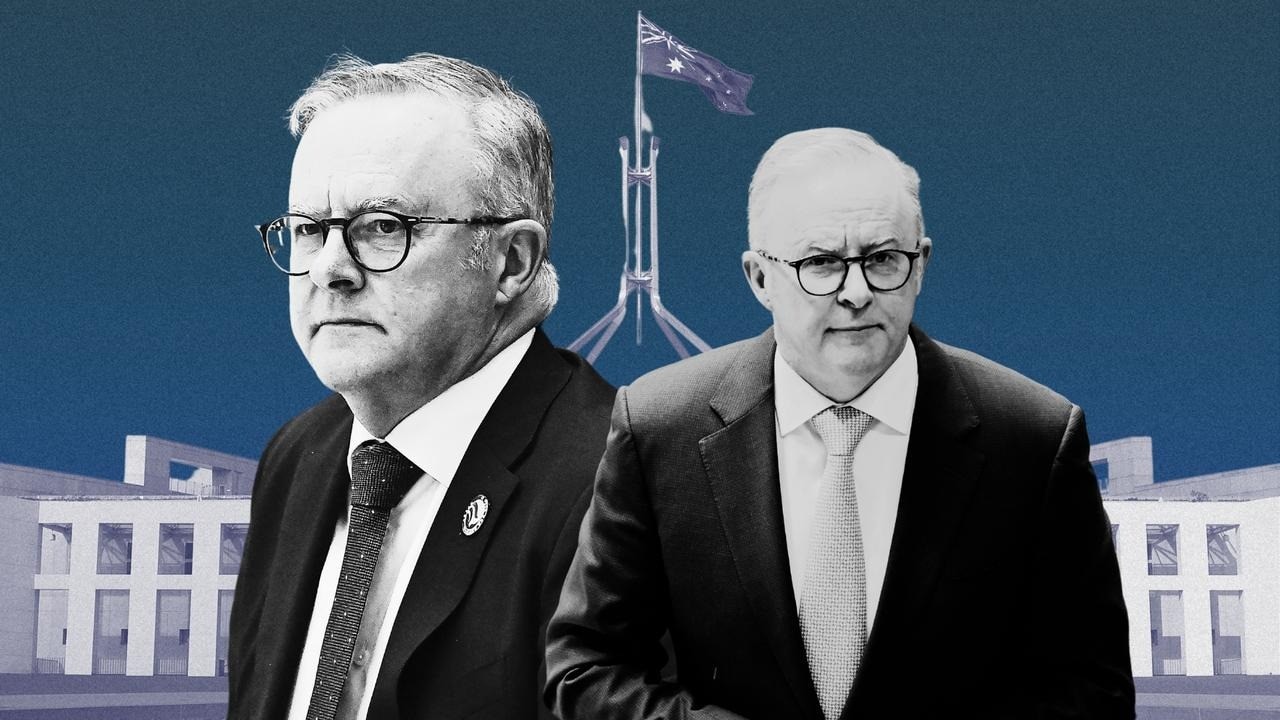IPA chief calls for feds to place greater oversight on funding
Infrastructure Partnerships Australia chief executive Adrian Dwyer has called on the federal government to place conditions on the provision of funding for major works

Infrastructure Partnerships Australia chief executive Adrian Dwyer has called on the federal government to place conditions on the provision of funding for major works, warning there is “no more dangerous place than between a state minister and a bucket of dollars”.
Mr Dwyer’s warning comes with concerns productivity and innovation pitfalls will hamstring the construction industry as the nation heads into a record infrastructure investment pipeline.
Previous forecasts from the IPA have tipped national infrastructure expenditure to peak at $19.4bn in the third quarter of 2024, driven predominantly by projects in NSW and Victoria.
While noting the procurement of major infrastructure “largely and appropriately” rested with state governments, Mr Dwyer said the federal government could play a “valuable role” in encouraging greater co-ordination between jurisdictions.
“The feds have the freedom to place conditions on their funding – they can and should require certain outcomes beyond just steel and concrete for the dollars they spend,” he said.
“There is no more dangerous place than between a state minister and a bucket of dollars, so the feds should use that and get outcomes for their investment.”
Industry bodies have stressed the need for reform in order to kick-start productivity.
Mr Dwyer said the federal government could implement a raft of conditions on commonwealth funding, including through the procurement process, and insist on productivity and innovation-enhancing requirements. He said conditions could also be imposed to help improve climate outcomes or reduce carbon emissions.
He warned the consequences of inaction would result in taxpayers footing the bill for cost overruns and delays.
“Unless we can meet the coming workforce demand – or at the very least improve construction productivity – we’ll start to see delays in delivery, with taxpayers footing the bill through higher project costs,” he said.
With the sector needing to grow its total workforce by 40 per cent between July this year and October 2024, Mr Dwyer doubled down on his calls for the Morrison government to introduce a subclass visa to help mitigate the impact of workforce shortfalls.
“The federal government can help to bridge the workforce gaps by developing a visa subclass for infrastructure, better matched to project time frames and targeted at acutely in-demand skills, to provide longer-term certainty to industry and state and territory governments,” he said.
“A national infrastructure market also requires a national plan for increasing our domestic skills base and ensuring our visa system is calibrated to attract the best talent from overseas.”
Infrastructure Australia has called for the federal government to drive “transformational change” in the construction industry, calling for procurement processes to help ameliorate the 105,000 worker shortfall tipped to confront the sector by 2023.


